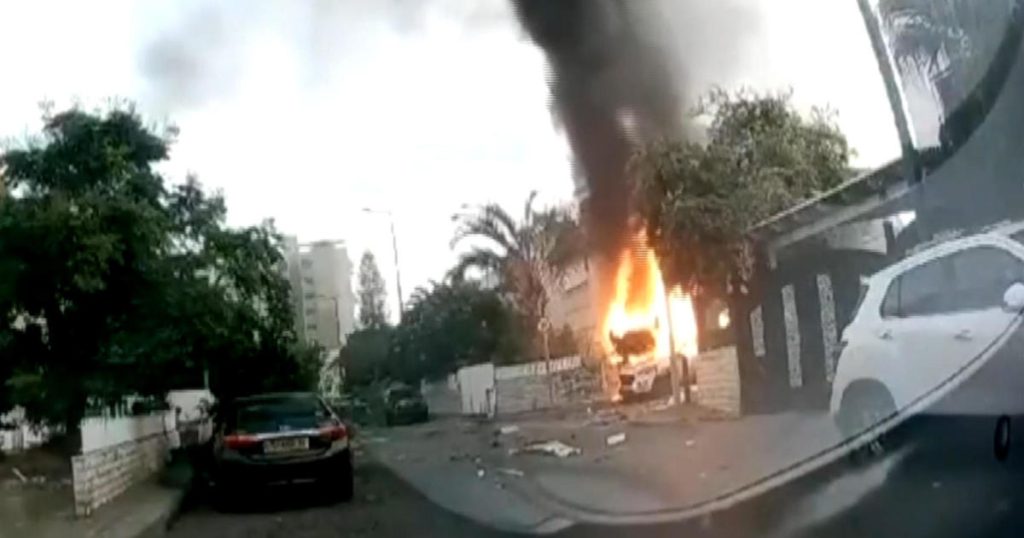Over the weekend, Israel and Hezbollah engaged in a series of strikes, escalating tensions in the region. The White House has urged both parties to seek a diplomatic solution and avoid an all-out war. This comes amid growing concerns about the potential for a full-scale conflict between Israel and Hezbollah, which is backed by Iran. Chris Livesay reports on the ongoing violence and the efforts to de-escalate the situation.
The recent clashes between Israel and Hezbollah have raised fears of a wider conflict in the region. Both sides have been exchanging fire, with Israel launching airstrikes against Hezbollah targets in Lebanon and Syria, while Hezbollah has responded with rocket attacks on Israeli territory. The White House has called on both parties to exercise restraint and refrain from further escalation, emphasizing the importance of finding a peaceful resolution to the conflict.
The conflict between Israel and Hezbollah is rooted in longstanding tensions and overlapping interests in the region. Israel has long viewed Hezbollah as a threat due to its ties to Iran and its militant activities. Hezbollah, on the other hand, sees itself as defending Lebanon against Israeli aggression and protecting Shia interests in the region. The recent violence has heightened these tensions and raised concerns about the potential for a larger conflict that could destabilize the region.
The White House’s efforts to de-escalate the situation come at a critical moment, as the conflict between Israel and Hezbollah shows no signs of abating. Both parties remain committed to their respective positions, making it difficult to find a diplomatic solution that satisfies both sides. The United States is working to prevent further violence and seek a peaceful resolution to the conflict, but the challenges are significant given the deep-seated animosity between Israel and Hezbollah.
The ongoing violence between Israel and Hezbollah has drawn international attention, with global leaders expressing concern about the potential for a wider conflict in the region. The United Nations has called for an immediate ceasefire and a return to dialogue to prevent further escalation of the conflict. The international community is closely monitoring the situation and working to support efforts to find a peaceful resolution to the crisis.
In conclusion, the conflict between Israel and Hezbollah continues to escalate, with both parties exchanging strikes and tensions running high. The White House is urging both sides to seek a diplomatic solution and avoid an all-out war, but the challenges are significant given the deep-rooted animosities and competing interests at play. The international community is closely monitoring the situation and working to support efforts to de-escalate the conflict and find a peaceful resolution. It remains to be seen whether Israel and Hezbollah can find a way to resolve their differences and prevent further violence in the region.


